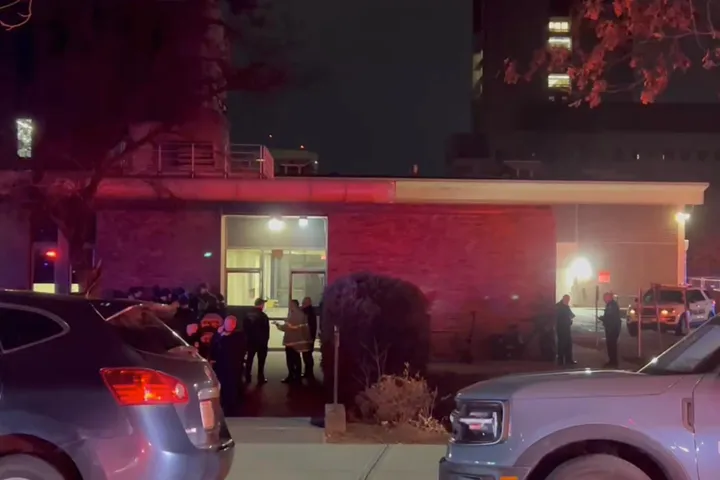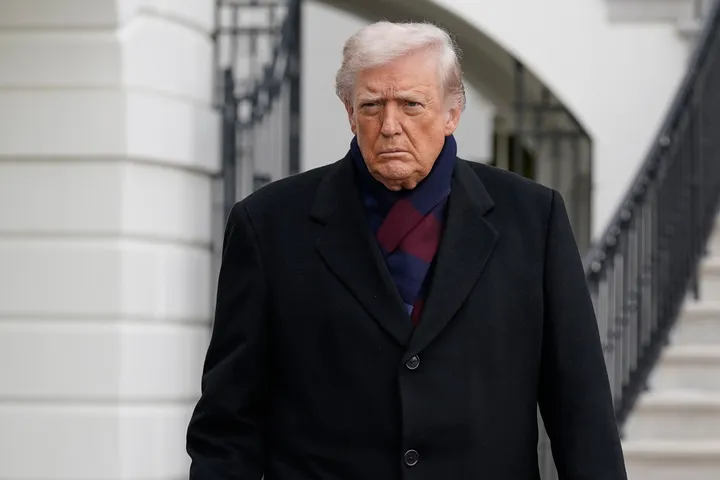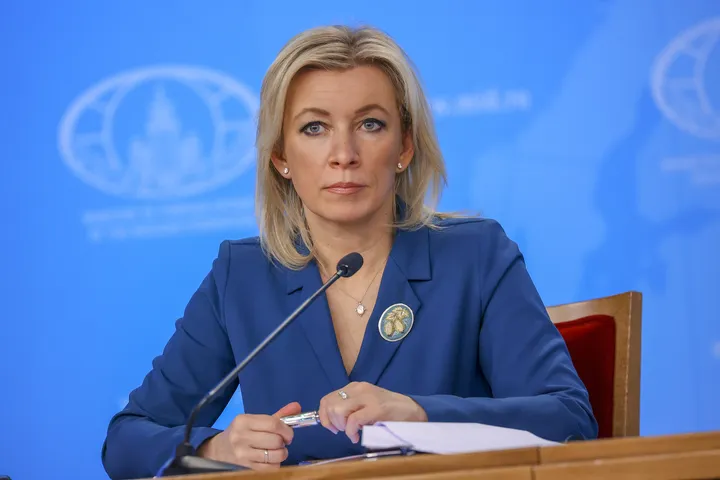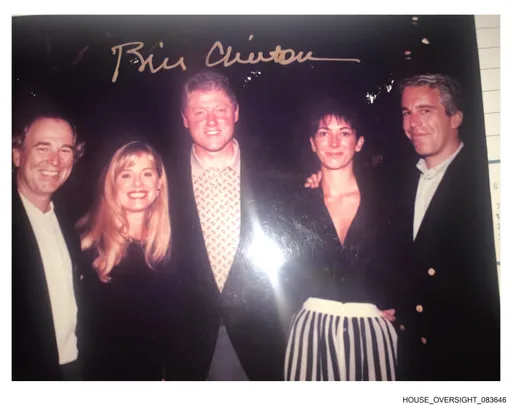Some of Australia's highest-profile journalists face possible prison sentences and large media organisations could be fined after being ordered to appear in court next month for allegedly breaching a gag order on reporting about Cardinal George Pell's convictions on charges of sexually molesting two choirboys.
Reporting in any format accessible from Australia about the former Vatican economy chief's convictions in a Melbourne court in December was banned by a judge's suppression order that was only lifted in February.
Such suppression orders are common in the Australian and British judicial systems, and breaches can result in jail terms.
But the enormous international interest in a criminal trial with global ramifications has highlighted the difficulty in enforcing such orders in the digital world.
Right to a fair trial versus public's right to know
Following Pell's conviction in December, newspapers such as The New York Times and The Washington Post published details of the case outside Australia, arguing that a judge in one country cannot make law for the world.
A number of Australian newspapers and media organisations then ran headlines complaining that they were being censored and warning Australians they were not able to report a story that was in the public interest.
The Associated Press had a reporter in the court during Pell's trial and abided by the suppression order. AP reported full details of the case and published photographs and video as soon as the order was lifted.
Like some other international media organisations with reporters in the court, AP has Australia-based staff who could have been as exposed to prosecution for breaching the order as the Australian media.
36 journalist and media face possible prosecution
The Victoria state Supreme Court confirmed on Tuesday that an unprecedented 23 journalists, producers and broadcasters as well as 13 media organisations that employ them have been summoned to appear on April 15 for a preliminary hearing on breaches of the suppression order against reporting on Pell's trials.
They include Damon Johnston, editor of Australia's largest-circulation newspaper, Herald Sun, and its owner Herald and Weekly Times. The Melbourne newspaper was criticized by Pell lawyers for running a front-page headline saying "CENSORED" following the verdict, as news of the conviction of the most senior Catholic ever charged with child sex abuse was trending on Twitter.
Top-rated Sydney radio broadcaster Ray Hadley and national morning TV program host Debra Knight are among the well-known people facing prosecution.
As soon as Pell was convicted on December 11 of oral rape and indecent acts involving two 13-year-old boys while he was archbishop of Melbourne in the 1990s, news began to spread around the world on social media.
Some overseas-based media outlets and websites also reported the verdicts, although the sparsity of detail and factual errors suggested they had little if any help from professional journalists inside the court.
Two days after the verdict, trial judge Peter Kidd convened a court hearing with Victoria state Director of Public Prosecutions Kerri Judd to set the prosecutions in motion.
"A number of very important people in the media are facing, if found guilty, the prospect of imprisonment and indeed substantial imprisonment," Kidd said during the hearing, which was suppressed for two months.
Judd then wrote more than 100 letters to journalists and media organisations advising that she intended to charge them with offenses relating to reporting on the case.
Australian Broadcasting Corp. confirmed last month that it received a letter from Judd. But neither the organisation nor any of its staff has since been summoned to appear in court.
The ABC said in a statement that it had responded to Judd's letter "strongly contesting any suggestion of wrongdoing on our part."
The US Constitution's First Amendment would prevent such censorship in the United States, so attempting to extradite an American for breaching an Australian suppression order would be futile.
Aiding and abetting overseas media
Of the 36 Australia-based individuals and businesses facing charges, all but two are accused of aiding and abetting a contempt of court committed by "overseas media" that reported Pell's convictions.
The same 34 were also charged with breaching the suppression order and sub judice contempt, the publishing of material that could interfere with the administration of justice.
The suppression order was designed to prevent the December conviction from influencing the jury in a trial that was to be held in April on allegations that Pell groped two boys in a swimming pool as a young priest in the 1970s.
Those charges were dropped in February, so the suppression order was lifted.
But media still face charges for sub judice contempt.
There are 16 individuals and organisations charged with "scandalising the court" through criticism of the suppression order.
Breaching a suppression order carries a maximum penalty of five years in prison. The other charges are common law contempt offenses with no prescribed maximum penalty.
Pell was sentenced on March 13 to six years in prison. He must serve a minimum of 3 years and 8 months before he is eligible for parole.
He is to appeal his convictions in June.
The Kafkaesque world of suppression orders in Victoria
The Age newspaper, one of the most respected publications in Australia, wrote about the issue of suppression orders in mid-2018.
The Australian state of Victoria introduced an “Open Courts Act” in 2013 to improve transparency of the legal process. But The Age noted suppression orders were "often broad, vague, and sometimes even lack the legal basis to be imposed in the first place." It said, "research suggests that restrictions on what the public can and can't know about ongoing cases are getting worse."
Media argue that "suppression orders are too readily imposed, and sometimes without adequate warning."
"What’s more, the rate of orders has not decreased since the introduction of the act, which begs the question: is Victoria the suppression state? And if so, how can this alarming trend be reversed?" wrote Farrah Tomazin in The Age.
























